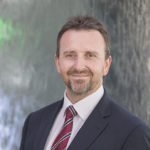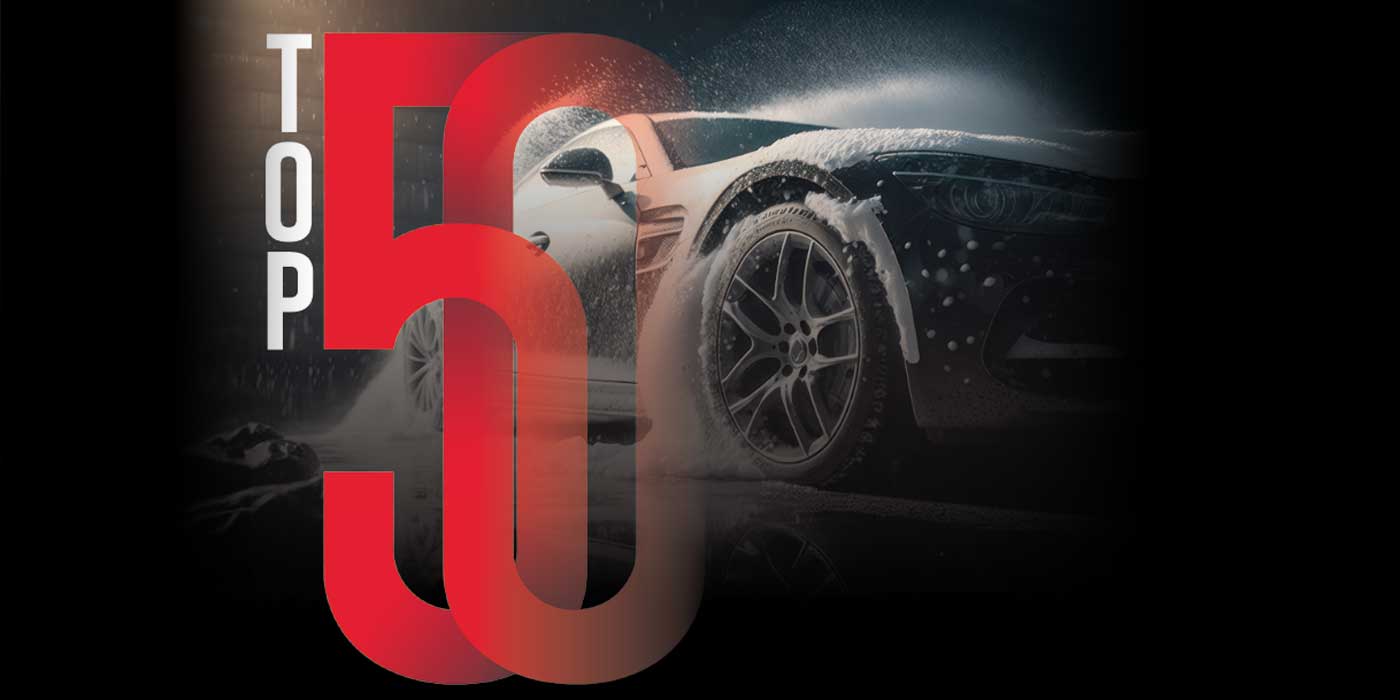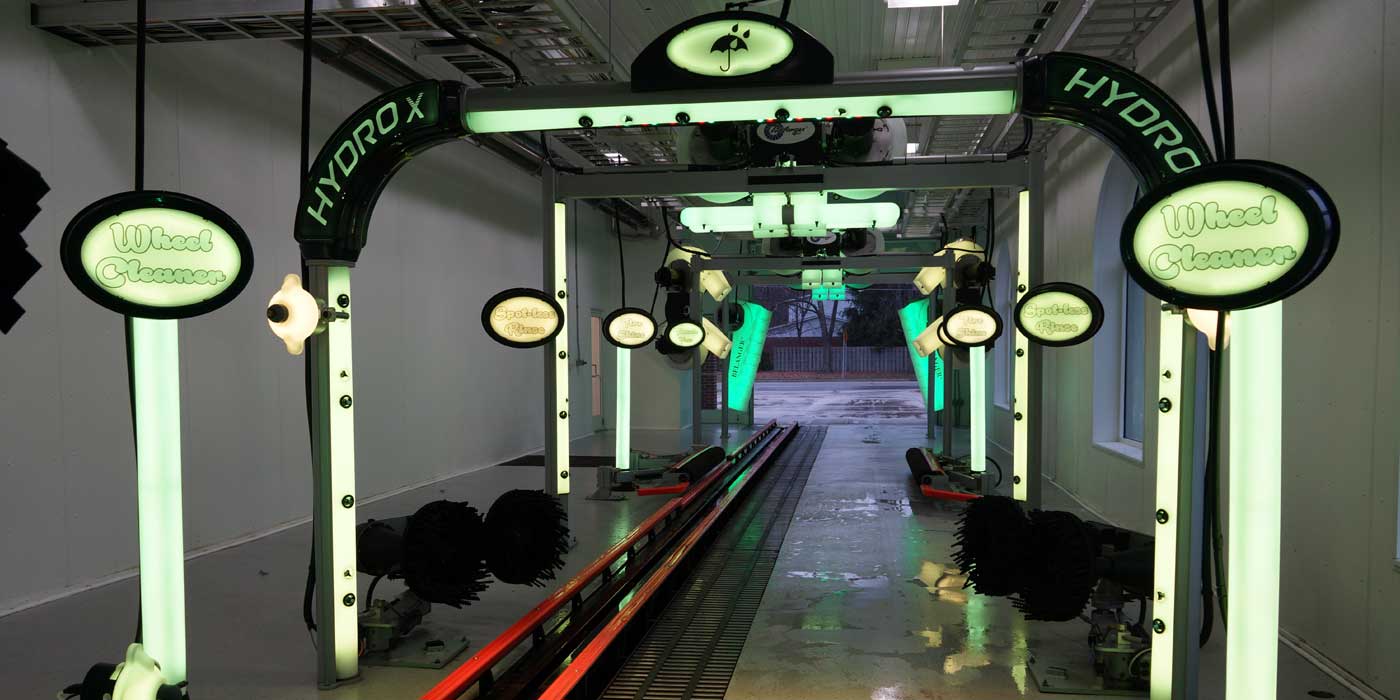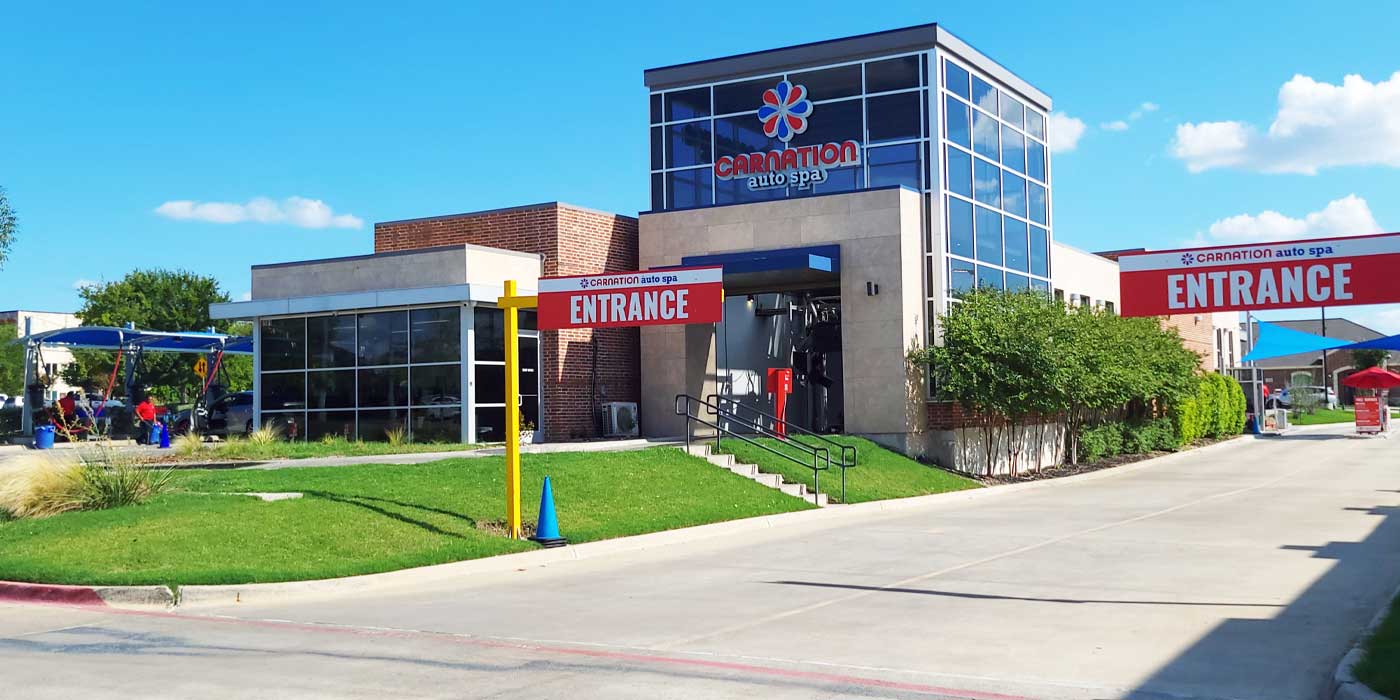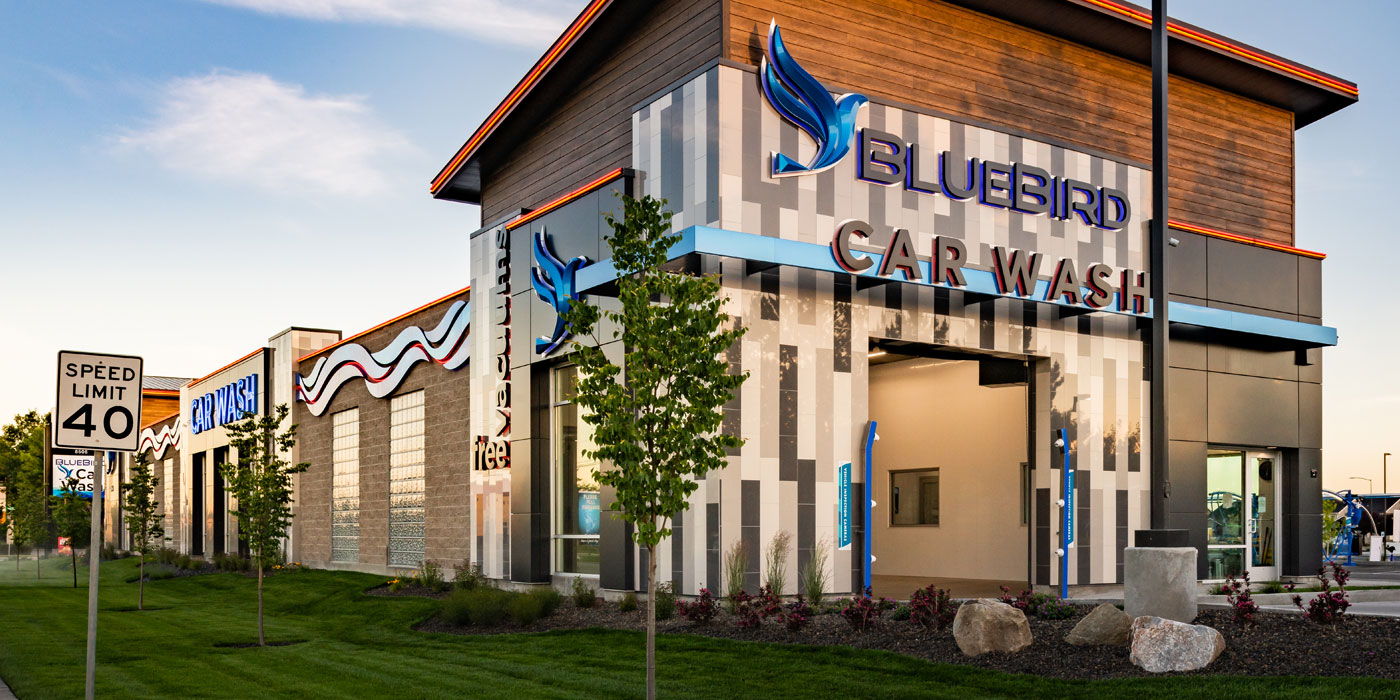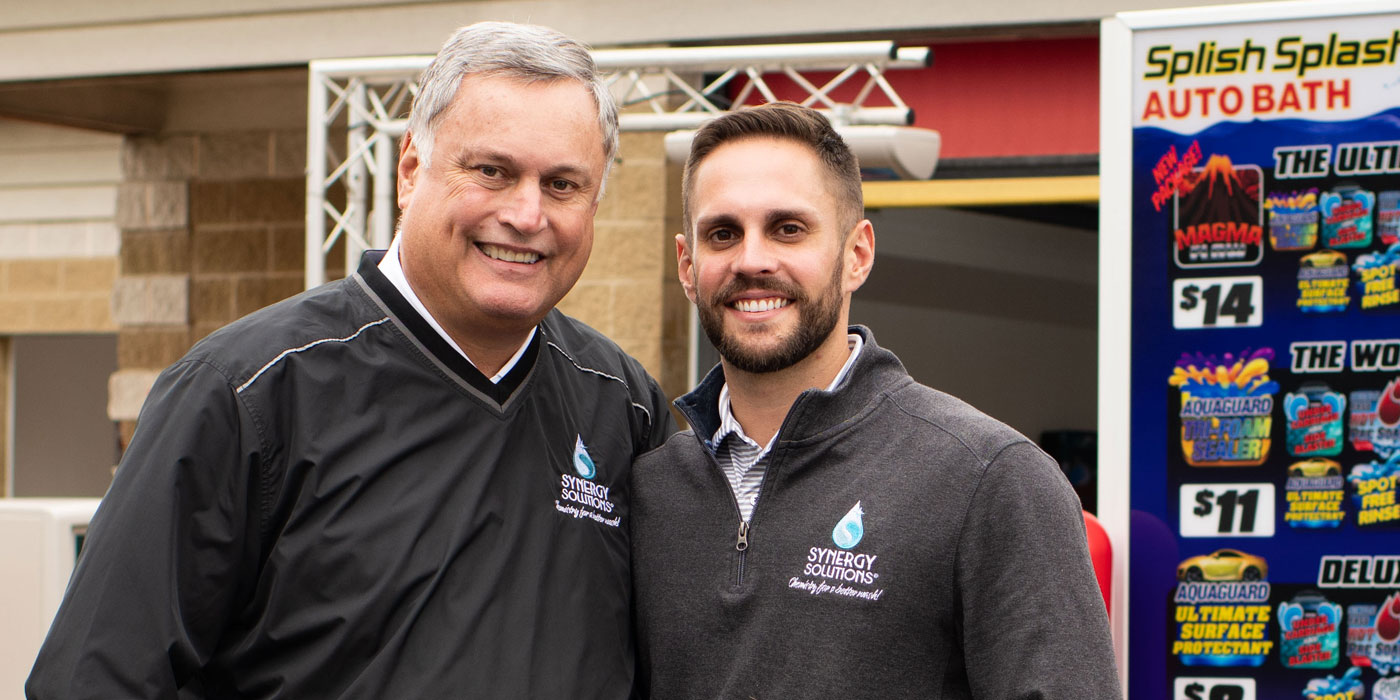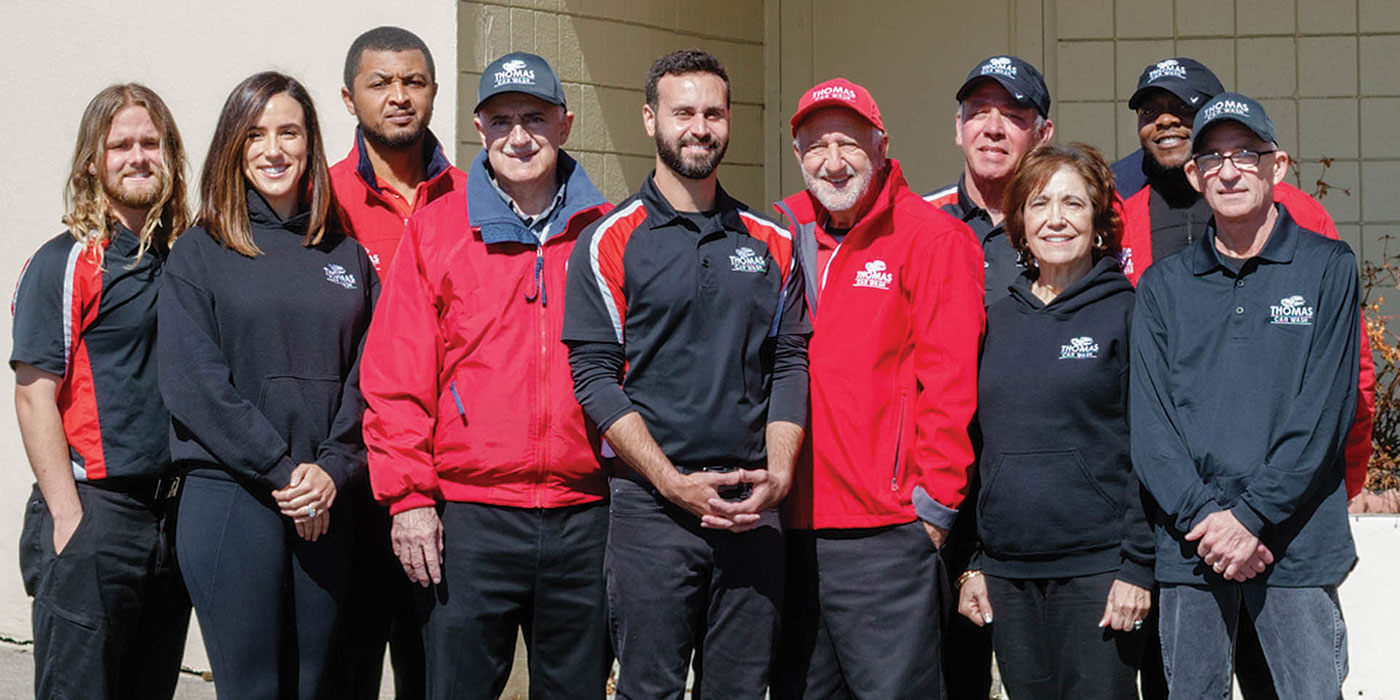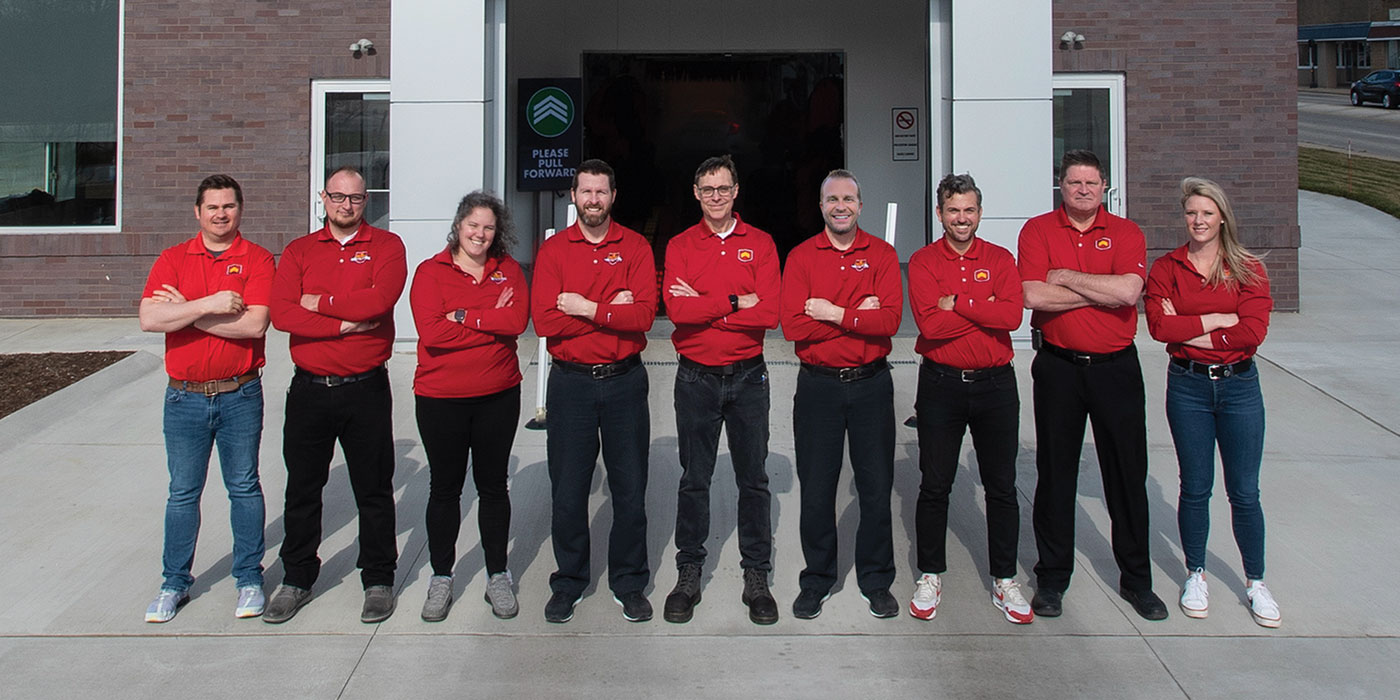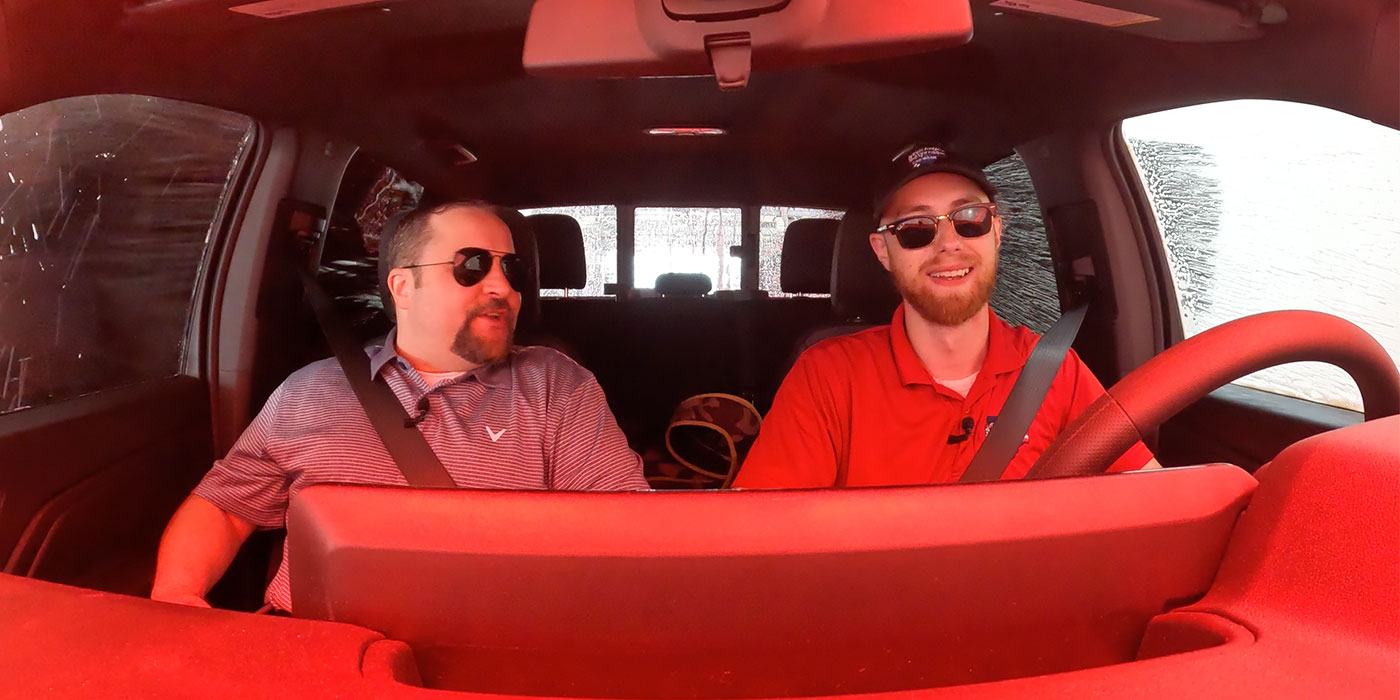As reported in Professional Carwashing & Detailing’s (PC&D) biweekly Carwash eNews in early February 2018, WashTec AG of Germany, parent company of Colorado-based Mark VII Equipment, announced its preliminary 2017 fiscal year results, which featured strong revenue growth.
WashTec’s preliminary 2017 fiscal year results showed a revenue increase of €52.2 million (14 percent) to €425 million, according to a company press release. Additionally, EBIT increased by €8.1 million (18.4 percent) to €52.2 million during the same period.
We recently spoke with Lee Norton, who is the CEO of Mark VII Equipment Inc., about global professional carwashing trends and our industry’s future.
PC&D | How does the professional carwashing industry in North America compare to other regions you are most familiar with in Europe and Australia?
LN | All of the other countries compared to North America, there are a couple of things I see that are quite different. First of all, in Europe and Australia, the touchless market is virtually non-existent. In certain parts of North America, the touchless carwash is very popular, still today, but in other countries that is not something that you see.
It is very rare that you see a stand-alone touchless machine in Europe. This is probably linked to another key difference, and that is: When you see an operation in other countries, the cleaning time is somewhat longer than we see in the U.S. and Canada. Americans and Canadians are a little less patient to get their cars washed, so we see that the cleaning time is much shorter in North America compared to Europe, for example.
Quite often, the quality of the wash that you see in North America — not all the time, but often — is that it’s not quite as good as you would experience in Europe.
PC&D | What are the most prominent trends currently impacting the North American carwash industry?
LN | The biggest trend I see in North America right now is the development of the tunnel market. When you think about the tunnel market in the last four or five years, it has grown significantly, and it is continuing that growth trend.
There’s a lot of investment coming into the industry from private equity and investors looking to get into the carwash business, but they know nothing about cleaning cars; what they do know is that it is a great way to earn money.
As a result of this and other factors, you’re seeing tunnels popping up all over the place these days, because what we do know is that today there are still not enough carwash locations in North America. And, the tunnel business is perfect because you can clean far more cars in an hour than you can clean with an in-bay automatic by comparison. So, we’re seeing much bigger growth in the tunnel market compared to in the in-bay automatic segment, for instance.
Also, our company is seeing a big change in most consumers in terms of the type of wash they want — do they want touchless or do they want soft touch? We’re seeing an increasing number of consumers opting for the soft touch.
We’ve noticed that those who may — in fact, would have never gone near a soft touch, or what some people call a brush-type machine, in the past are now preferring it because they’re seeing the cleaning performance that you get with a soft touch machine is far greater than you can achieve with a touchless machine.
What we’re also seeing is that with the change in vehicles, more people today in North America are more conscious of the wheels on their cars than they used to be. Instead of the old hubcaps, now we’re seeing cars with diamond-cut alloy wheels, black alloys and all sorts of high-end wheels, and they want them clean. Well, the only way to really do that effectively is to apply good chemical products, plenty of high-pressure water and, ideally, a brush. So, we’re seeing more and more customers opting for a machine that has a hub scrub on it, along with high-pressure to get optimal cleaning performance on the wheels.
Related: Wheels and style: quality versus aesthetics
Indeed, our best-selling machine offers a combination of touchless or soft touch — you can have either or both. And, if you have both, you get two times the cleaning power. We’re seeing quite a migration toward these types of innovations.
PC&D | Many carwash manufacturers as well as operators are reporting record sales these days. Can you offer any predictions for the future and advice for successful operators moving forward?
LN | For the future, the growth in the carwash market will certainly continue. When I think about what’s going on in the tunnel market, I don’t see any change in that growth, unless something goes wrong with the economy.
As I mentioned previously, there is a lot of investment coming into the industry these days, and that’s partly because people recognize that washing cars is a very profitable business. But, moving forward, that means the industry becomes more competitive. Therefore, the convenience that operators will offer customers is going to become even more important.
This level of convenience means offering monthly subscriptions and embracing new technologies, such as apps, RFID tags and license plate readers, which are far more accurate than they used to be and, for the operator, a lot more convenient.
And, increasingly to go with those trends, is that operators now want partnerships. Operators are no longer just looking for a machine supplier; they’re looking for a company to provide them with a full solution that answers such critical questions as: How do I earn money from my carwash? How do I implement the best solutions for my market, for my location’s population and demographics, for the types of customers’ vehicles that I wash, etc.?
Related: Spring into education
That education is so important because a lot of people are coming into the industry today with such little knowledge about what it takes to be successful.
They also want training to be provided for from their industry partners, including maintenance training and training on how to manage a carwash business. I see this as being a significant step forward both in the tunnel market and in the in-bay automatic market.


